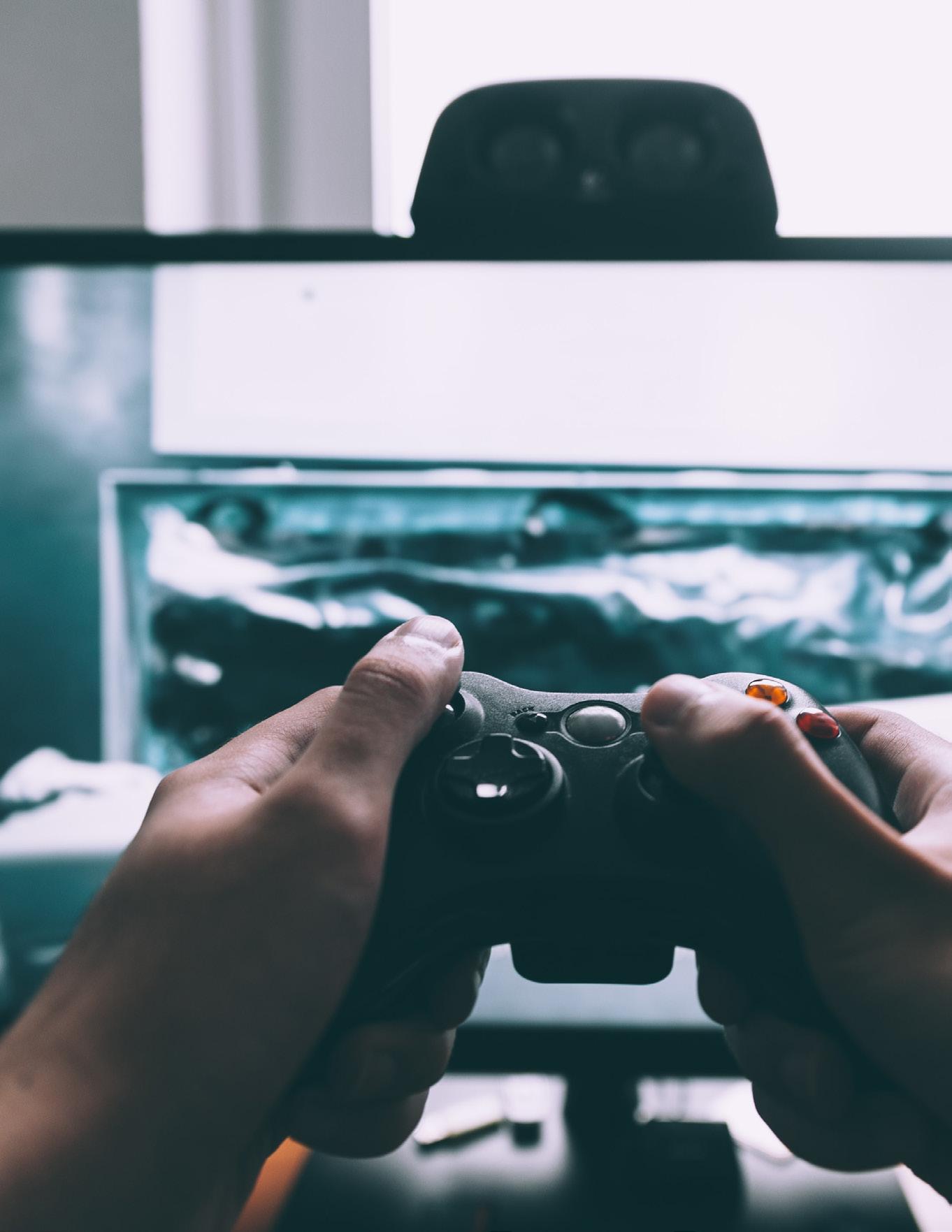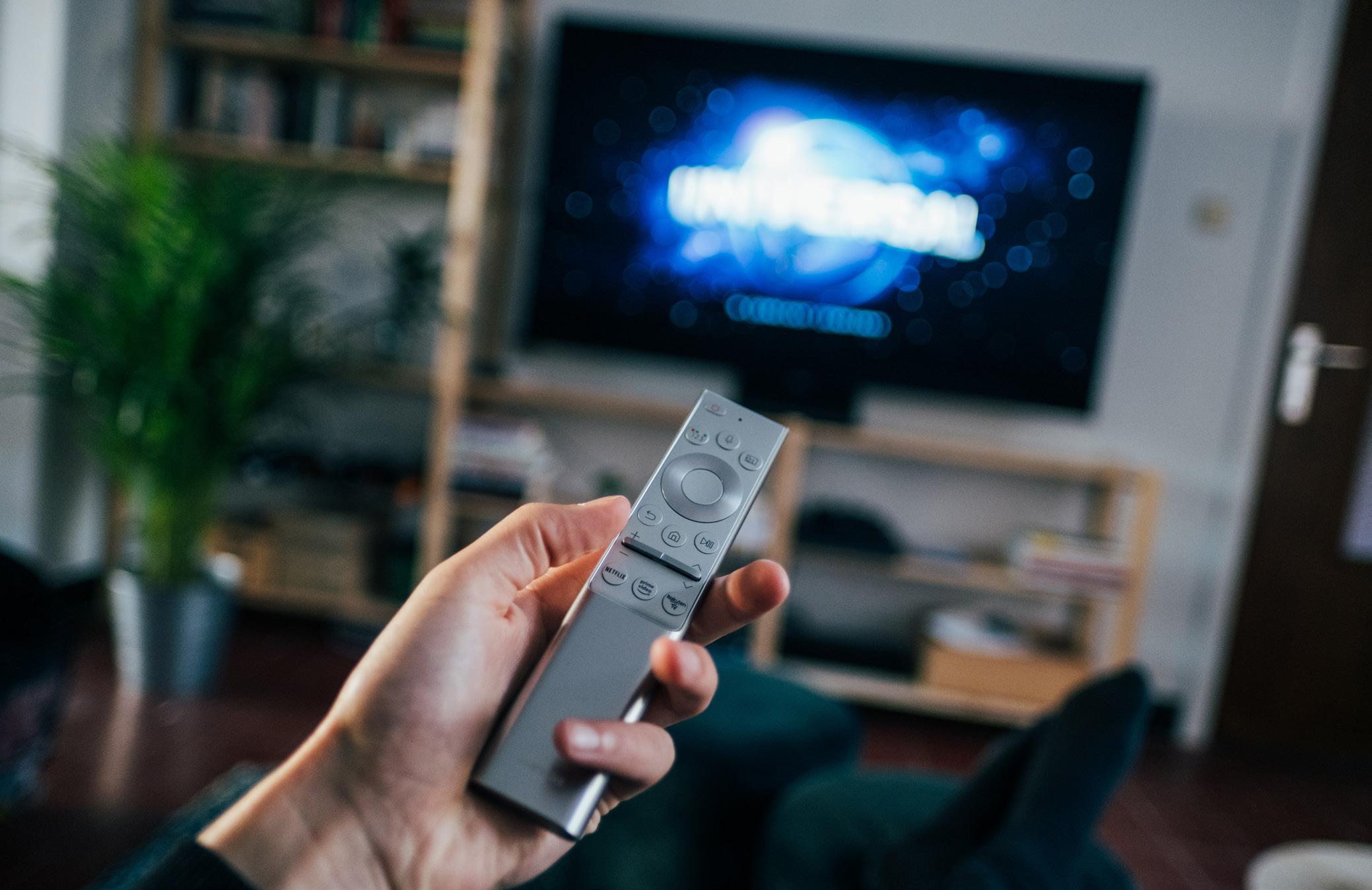HOW TO GET OVER AN ADDICTION
Ad·dic·tion:
“a compulsive, chronic, physiological or psychological need for a habit-forming substance, behavior, or activity.”


We all have a propensity for being addicts. As humans, we are pattern-loving creatures. We implement patterns in our lives to maximize simplicity and limit the amount of thinking we are required to do. It’s biologically advantageous. Living with patterns allows us to focus our emotional and intellectual energy on the novel, and possibly threatening, aspects of our lives.
In addition, at a base level humans seek to maximize comfort and minimize pain. We want to increase our good feelings and experiences, and limit the difficult ones. There’s nothing wrong with this dynamic. It’s perfectly reasonable we would want to have a positive life and lifestyle. However, when we experience pain—either in the present or the past—we can be drawn to wanting to apply comfort. Comfort can be a healthy expression (exercise, therapy, good conversations, etc.). However, as with all things they can be done to the extreme.
At the negative end of the spectrum are our addictions. Addictions are our attempts to minimize pain and maximize pleasure. Unfortunately, addictions do so in a destructive way. Addictions cause us to numb our emotional pain and give us short-term pleasure at the expense of long-term rewards. The “pay-off” of our addictions is very real. If there wasn’t a payoff to addictions we could easily discard them as a limiting pattern that is unhealthy for us.
Further complicating the issue is just how many different addictions are possible. Here are just a few of the major categories: intimacy disorders, sex, workaholism, substance abuse, TV or Video game over-use, over-eating, under-eating, etc.
If you are reading this booklet, you are probably aware of a few addictions you are currently abusing, or some that have been present in your past. It’s rare for someone to not have any addictive behavior or patterns. That doesn’t mean that we shouldn’t endeavor to free ourselves from these negative patterns.
The more we can address our addictions, and overcome their negative influences, the happier and more connected we will live. Having an addiction is a form of imprisonment. It may not be as tangible as the bars and concrete of a jail-cell, but it can be just as suffocating. In essence, we feel out of control of ourselves, and under the control of the addiction.

As we will explain later in this booklet, addictions are often rooted in positive patterns. As explained above, addictions are our attempts to avoid pain and maximize comfort. So, take the extreme example of a young child who is molested. During their molestation they learned to “escape” into fantasy and shut down any sexual engagement. You wouldn’t blame that child/person when they escape to fantasy when they are an adult. It was a protective response to a traumatic experience, and it became hard-wired when the person grew up.
Another example is an over-eater. When the person was younger, they may have had a traumatic (or neglectful) environment. As an attempt to manage and minimize their pain, they learned to comfort eat. It became a pattern every time something difficult or unexpected came up they went to their default: food. As a child who was out of control of their environment and parents, it is reasonable that a child would choose to comfort themselves through something as accessible as food. As an adult, it can be a painful hold-over causing more negative effects than positive.
Yet another example is a child who grows up with parents who constantly fight. The child learns to “check out” and minimize their expressed needs (because they don’t want to add more stress to the household). They stuff their emotions, and learn to pacify themselves through TV and video games. When they become older, their methods evolve as they discover alcohol, tobacco, and drugs. They adapted their “checking out” into whatever was available.
The point being, getting over an addiction can feel complicated. It can be overwhelming, and it can feel extremely vulnerable to face those aspects of our lives. When we address our addictions, in reality, we are confronting our biggest fears and releasing longharbored emotions. The addiction is simply the symptom of something underlying...that has likely been a part of your make-up for an extremely long time.
Don’t be surprised if you feel many emotions you haven’t felt for a long time. These emotions will likely surface at a much younger age, which can make us feel even more vulnerable. It’s also why our minds don’t seem to “work right” when we are in the middle of releasing harbored emotions.
The good news is that addictions are caps to our lives. They keep our emotions numb, our intimacy limited, and passion and purposes dormant. When we remove addictions from our lives, we will become sober to our clarity, power, and the enjoyment of life.

DISCLAIMER:
Facing addictions requires asking ourselves painful questions. This booklet will unquestionably challenge you, but will also guide you into a lifestyle you have longdesired.
This booklet is broken into 5 major sections:
1. The Cost
2. The Benefit
3. The Cluster
4. The Process
5. Conclusion - Your True Identity
SECTION 1: THE COST
Being honest about our addiction is difficult. What’s even more difficult is the many costs of having an addiction. Most of the time we minimize the costs because it is too psychologically difficult to face them all at once.
The costs are sometimes conspicuous, and other times are deeply hidden. The costs include hurting ourselves, others, financial pains, loss of productive work, decreased creativity, lack of clarity, limited intimacy with those we love, etc. The list of costs could be dozens long, but for our purposes, we’ll focus on the most pronounced.

1
What are addictions you either have or have had in your life:
Pornography
Sex Addict
Relationship Addiction
Drug Abuse Affairs
Workaholism
Self Improvement
Shame
Video Games
TV or Digital Media
Rage
Alcohol
Tobacco
Shopaholism
Kleptomania
Over-Exercising
Other __________________
2 How long have you struggled with your addiction(s)?
3 Have you attempted to stop in the past?
4 If so, how long were you sober from your addiction?
5 What methods have you used in the past to get over your addiction?
Accountability Partners
Therapy
Hypnotism
Mentorship
White-knuckling
Cold Turkey Quitting
Support Groups
Read Books
Watched Videos
Confessing
Apps or Website Support
Other __________________
Other __________________
Yes No
6 Were any of the aforementioned attempts successful? Why or why not?
7 How has your addiction cost you personally?
8 How has your addiction impacted your work?

9
How has your addiction impacted your romantic relationships?
10
How has your addiction impacted your other relationships (be as specific as possible)?
11
If you had to guess the total amount you have spent on your addiction—and the amount it has cost you financially in indirect ways—how much would you estimate? Include the costs of habit, career inhibition expenses, length of addiction, etc.
12
If you could rewind to the beginning of your addiction, and imagine that you had never started, how would you believe your life would have turned out differently?
What are the potential risks of your behavior that haven’t yet come to fruition (for example, cancer, getting caught by spouse and divorced, losing job, resentful children, etc.)?
14
How would your spouse or significant other feel if they knew the extent of the problem? Or how would you imagine they would feel if you were married?
15 How would your family feel if they knew the extent of the addiction?

16
Are you hiding your addiction from anyone? Or are you selectively sharing information about your addiction? Why do you believe you do this?
13
17
Fast forward your life 5 years, and imagine you are still acting out in your addiction. What do you visualize your life would look and feel like?
18 How motivated are you to get out of your addiction?

Not at All
Medium Interested Desperate for Change
19 What do you think would increase your motivation for quitting your addiction?
Exercise:
Write a letter to your addiction. In the letter, personify your addiction as if you were talking to someone right in front of you. Be as honest as you can, and tell your addiction how it has impacted your life. Explain the costs you have borne and the difficulties it has brought into your life. Let yourself feel the positives or negatives of being in “relationship” with your addiction.
1 2 3 4 5 6 7 8 9 10
SECTION 2: THE BENEFITS

1 2
THERE ARE TWO SIDES TO THE BENEFITS OF ADDICTIONS.
The first side is the benefit (pay-off) of the addiction.
It is essentially the reason we are in the addiction in the first place, and the pay-off that keeps us in the pattern.
The second type of benefits occurs when the addiction is ceased.
These benefits are what happens when an addiction is no longer an active part of the person’s life. These include financial improvements, career clarity, romantic relationship improvements, etc. Some of these can be quantified: I make more money. Others are intangible: I just feel so much better!
In this section, we’re going to explore the benefits that have kept you in the addiction and the benefits of getting out of it.
“Benefits” of the Addiction
1
When did you first start your addiction? (Were you exposed to pornography as a kid? Start smoking in college? Got positive feedback for being an over-performer in sports? Etc.)
2 What was the motivation for you to first engage with the activity?
3
What were your initial feelings around the activity?
4 When did you realize that your habit could be potentially?
5 What were/are the “benefits” of your addiction?
Fun Relaxes Me
Blunts Emotions
Feel Connected
Feel Valued
Exciting
Need to Check Out
Feel Alive
Feel Connected
Feel Attractive
Other: _______________
Other: _______________
Other: _______________
Other: _______________
6 What would be the benefits of quitting (or drastically minimizing) your addiction?
Feel More Connected
Improved Work
More Creativity
Feel Proud (less shame)
Less Stress
Don’t Have to Hide
Can Connect with Family
7
More Money
More Energy
More Confidence
Other: ________________
Other: ________________
Other: ________________
Other: ________________
What would be the benefits of my quitting to my spouse or significant other (or future significant other)?
8
What would be the benefit to my family of my quitting?

9 How would you feel about yourself if you were able to quit and maintain sobriety?
10
What are the aspects of your personality you believe have been inhibited by your addiction (confidence, warmth, intelligence, personability, etc.)?
If you were “counseling” someone in your position with an addiction, what advice would you give them?
12
Does that advice apply to you? Why or why not?
Exercise:
Use your answers from this section to create two columns. In column 1, write down all of the “benefits” of your addiction. Be HONEST! It’s okay to admit that some of these benefits feel good or have legitimate value in our lives. Next to each benefit, write a number between 1 and 10. 1 means that the benefit is relatively unimportant or undesirable. A level 10 would mean that it is exceptionally important and valuable to you.
In another column, write all of the benefits of living without your addiction. Using the same scale (1 to 10) write down the value of the benefits of living sans-addiction.
After you complete both of your columns and valuations, add up the addiction benefit column and put the number at the bottom. Likewise, add up the benefits for living addiction-free and put the number at the bottom. Use your answers to determine the value of the “benefits” of your addiction.
When you finish, it should look like an expanded version of this list below:
11
Pornography Addiction YES Addiction NO See Naked Girls 7 Stress Reliever 6 Numb Emotions 4 Feels Exciting 7 Feel Confident 9 Feel Clean 8 Close to Wife 9 No Shame 10 24 36
NOTES










